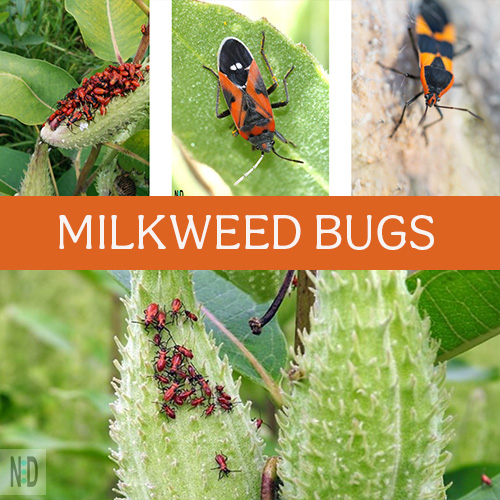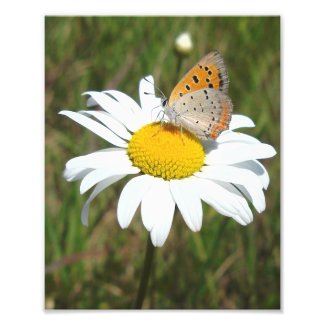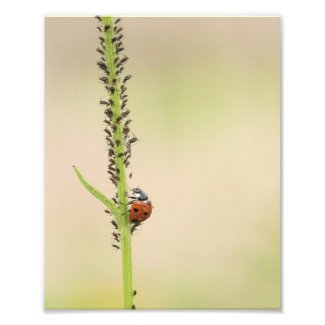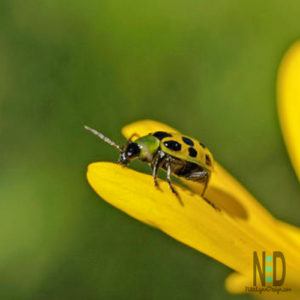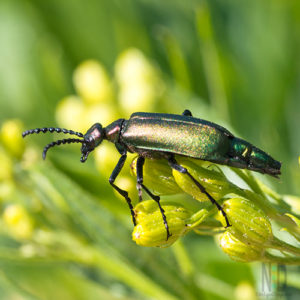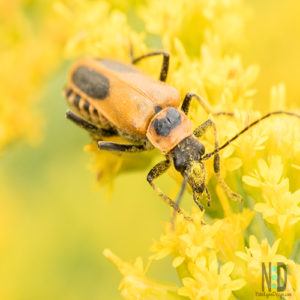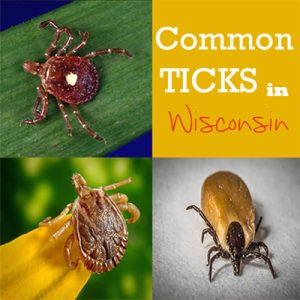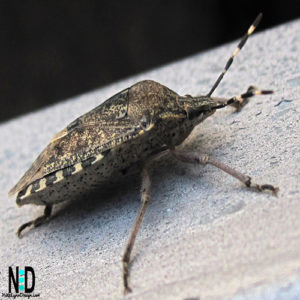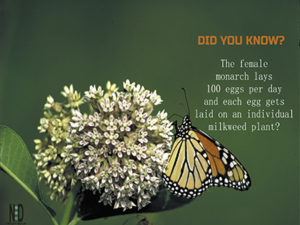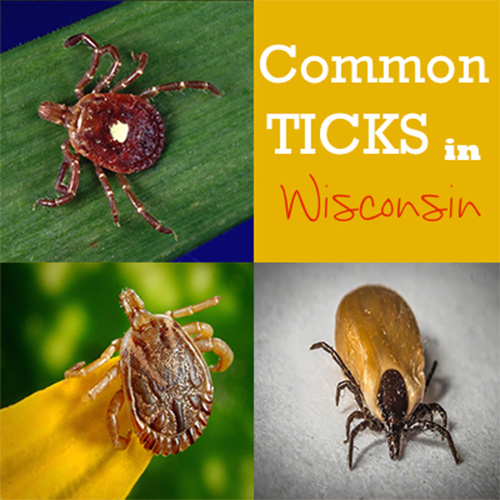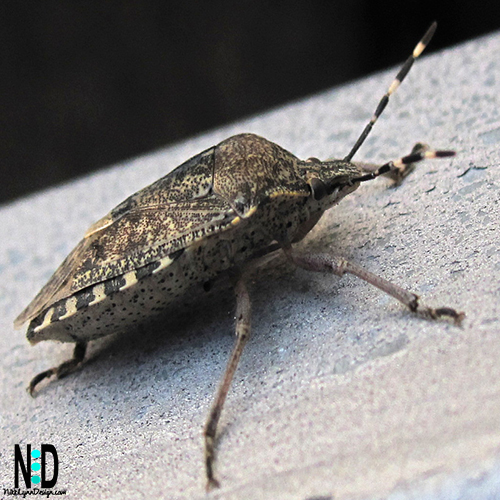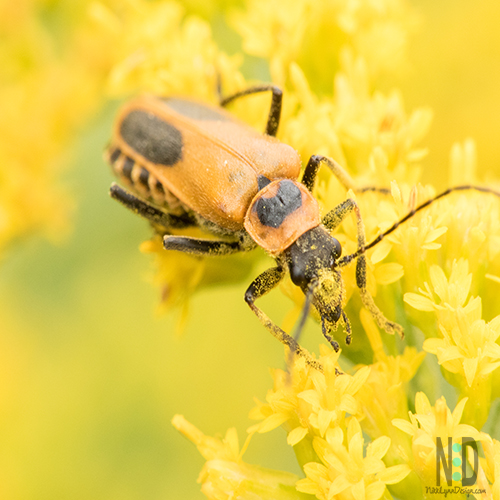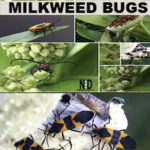Meet the flamboyant residents of the milkweed realm – the vibrant Milkweed Bugs! Sporting a stunning red and black ensemble, these winged wonders play a crucial role in nature’s theater.
From their daring feast on milkweed seeds to their intricate life cycle, get ready to dive into the captivating world of these tiny, toxin-toting acrobats.
Join me on a journey where warning colors are a fashion statement, and milkweed becomes a feast fit for royalty!
The milkweed bug belongs to the family Lygaeidae and the genus Oncopeltus. The most commonly known species is the Large Milkweed Bug (Oncopeltus fasciatus).
Milkweed Bug
| Common Name | Milkweed Bug |
| Scientific Name | Oncopeltus fasciatus |
| ID Markings | Orange & black in color. x shaped marking on back |
| Location | North America, Central America, Mexico, Caribbean, Southern Canada |
| Diet | Nectar from flowers, seeds, leaves, and stems of milkweed |
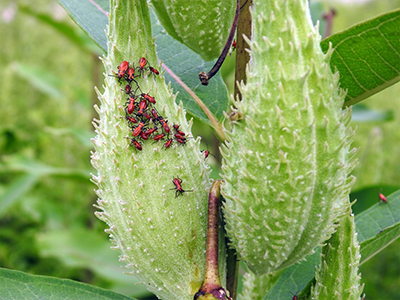
Lifecycle
In August, milkweed seed pods are often covered by a collection of little orange and black bugs. These are the nymphs of the Milkweed Bug. This is normally the second or third generation for the year.
Adult females deposit their eggs between the crevices between milkweed seed pods and also on the outside of the pods. It takes 4-6 days for the eggs to hatch and the tiny nymphs to emerge. Over a month, the nymphs will molt going through 5 instar phases before becoming adults.
Milkweed bugs undergo incomplete metamorphosis, consisting of egg, nymph, and adult stages. The nymphs resemble the adults but are smaller and lack wings. They molt several times before reaching adulthood.
Like the Monarch Butterfly, they avoid predators by feeding on milkweed, becoming too bitter and toxic to be eaten. Those toxin-toting devils keep the birds from eating them.
Feeding Behavior
Milkweed bugs primarily feed on the seeds of milkweed plants (Asclepias spp.). They use their specialized mouthparts to pierce the seedpods and feed on the seeds, which contain toxins.
They are capable of sequestering toxins from the milkweed plants they feed on. These toxins make the bugs distasteful to predators, offering them protection.
The bright red and black coloration of milkweed bugs serves as a form of warning to predators. It indicates that they feed on milkweed, which contains toxic compounds. This warning coloration is known as aposematism.
Best Way To Contain Them In Your Garden
Milkweed bugs compete with the monarchs for milkweed as their food source. If you have a large population of milkweed bugs, the best way to contain them is to pick the bugs off your plants and place them in a bucket of hot, soapy water.
Related Posts:
Collecting & Planting Milkweed
Milkweed Plants
Stink Bug
Common Lawn Pests
Additional Images of Milkweed Bug
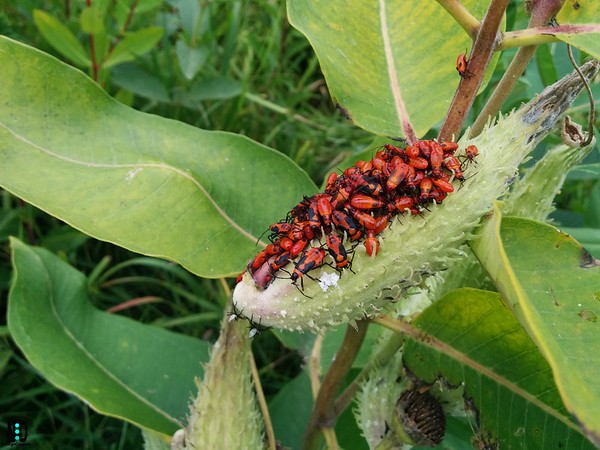
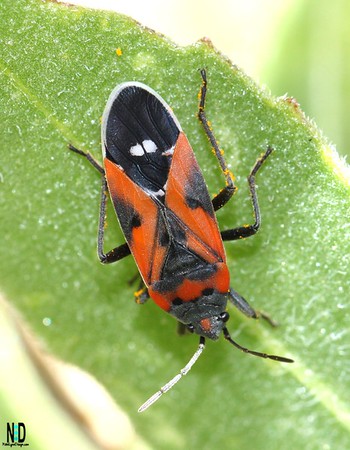
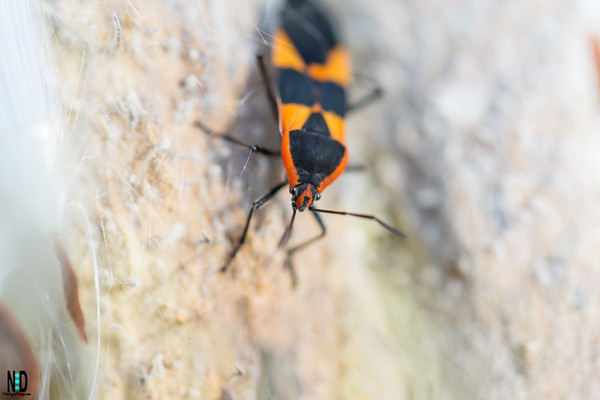

Overwintering Behavior
Ever wonder where insects go during the winter? As temperatures drop, milkweed bugs often seek shelter to overwinter. They may congregate in large numbers in protected locations, such as under tree bark or in buildings.
Observing milkweed bugs in their natural habitat provides insights into the intricate relationships between insects and the plants they depend on for survival.
Sharing Is Caring. Pin Me.
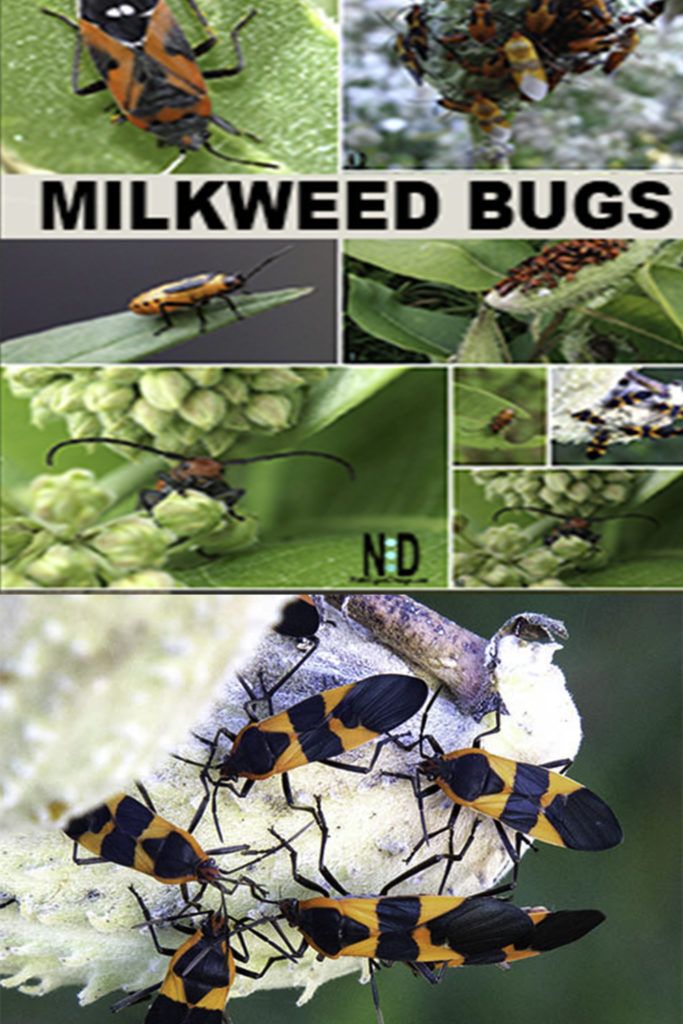
Photographic Prints & Gifts
AFFILIATE POLICY: Posts on this site may contain links to outside vendors that pay me a commission when you purchase from them, at no additional cost to you. Thank you for supporting this site!
